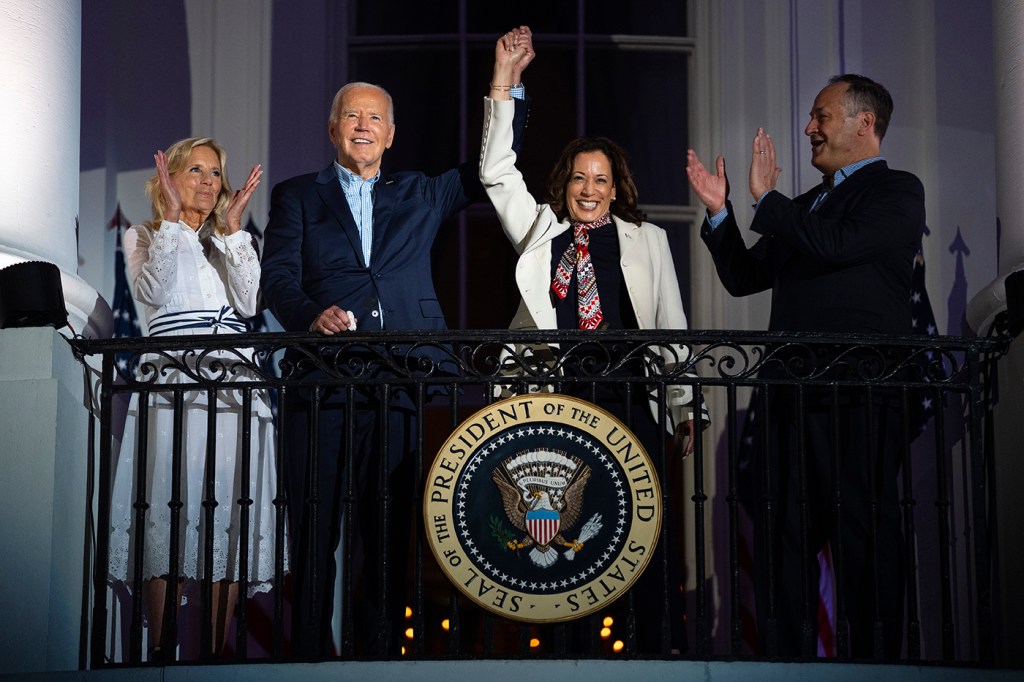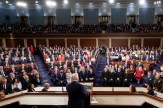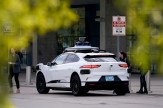With Biden out of the 2024 presidential race, how soon will pollsters have a read on how Kamala Harris is faring against Trump?
Early polling shows Kamala Harris at a slight deficit — but ‘clean’ data still days away, experts say.

With President Joe Biden out of the 2024 presidential race, how soon will pollsters have a read on how Vice President Kamala Harris is faring against former President Donald Trump?
As Harris looks to officially begin her campaign, questions about her presidential viability have long swirled about. Early national polling suggests that Harris is trailing Trump, but Northeastern University polling experts say that there should be good data on the presumptive Harris-Trump matchup by the end of the week — with the usual caveats.
That’s because for most pollsters — organizations that run, conduct and analyze public opinion polls, usually through surveys and questionnaires — collecting data on Harris in a two-way analysis (Harris vs. Trump) is a matter of simply slotting her in place of Biden, then tabulating the results.
“And it’s not going to be very hard to swap in another name,” says Nick Beauchamp, associate professor of political science at Northeastern.
Not all pollsters were measuring Harris’ chances against Trump, but many have been looking at her favorability ratings compared to Biden’s.
A Wall Street Journal poll taken in the aftermath of Biden’s June 27 debate with Trump found that 35% of voters had a favorable view of Harris as vice president, compared to 58% of voters who did not. A CBS-YouGov poll found Harris to be a slightly better pick than Biden in a theoretical matchup against Trump, trailing the former president by 3% compared to Biden’s 5%.
Featured Posts
But as Harris’ platform begins to come online, detailed looks at how her campaign measures up to Trump’s on the issues — such as immigration, the economy and foreign policy — or among certain demographics could take some time. The same goes for internal pollsters, who conduct research on behalf of a campaign or political action committee. Such data is often kept private so as not to end up in the hands of the opposing campaign.
Beauchamp says internal pollsters will “have to start from scratch.”
“I think the big question for the pollsters — particularly for the internal pollsters who are doing messaging-testing, not just candidate-testing — is how do things shift given her different set of issues in the context of the two campaigns?” Beauchamp says.
As individual pollsters pivot to the new reality, polling aggregators, who gather all of the available polling data about the candidates into a cohesive readout, will have their work cut out for them, Beauchamp says.
“The aggregators, particularly the ones with complicated models, are going to have a huge task of figuring out how to integrate these details,” Beauchamp says.
This week (July 22-26) is likely to be one of the busiest polling weeks of the campaign season so far, says Northeastern polling expert David Lazer, a university distinguished professor of political science and computer sciences. Snap polls taken over the last several days might provide some insight into Harris’ chances, but Lazer says that, in general, “slower surveys are probably somewhat higher quality.”
“Of course, what they don’t have is much of a time series going back in time, so we’ll see a lot of time series pictures starting late July on the race, maybe with a dotted line going back in time to portray the state of the race before the switch,” Lazer says.
Beauchamp says that under ordinary circumstances, polling operates on something of a short lag — 7 to 10 days — in which voters “process” a significant event, such as a candidate from a major political party exiting the race. Even so, he says all polling should be taken with a grain of salt.
In the case of Harris vs. Trump — and with a little more than 100 days until the election — we may never get a “clean picture” of how well either candidate is faring against the other.
“The question is will the pollsters even be polling Biden moving forward, or will they just focus solely on Harris,” Beauchamp says.
“As long as they’re not interested in the question of whether this new reality [Harris] is performing better than Biden would be up until this point,” he says charting the two campaigns over the next four months should be “relatively seamless.”











